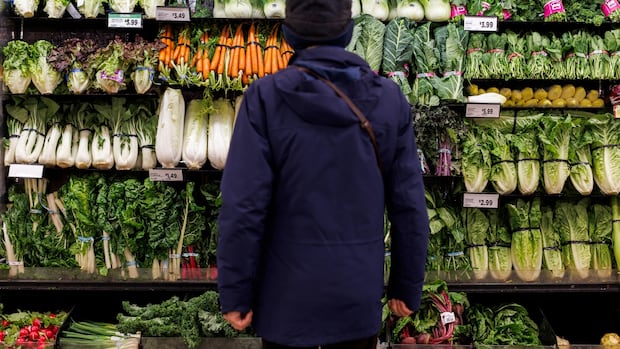Amid escalating food prices and increasing consumer apprehensions regarding major retailers’ practices, some shoppers are exploring alternatives to prominent grocery chains in Canada.
Statistics Canada disclosed that by July 2025, Canadians were experiencing a surge of 27.1% in food prices compared to July 2020. Despite this, the top three Canadian grocers managed to amass profits totaling $3.6 billion in 2022 from over $100 billion in sales.
The dominance of major players like Loblaw, Sobeys, Metro, Costco, and Walmart poses challenges for alternative options in many regions of Canada. These five companies collectively control 76% of the Canadian grocery market share, limiting the presence of alternatives.
Consumer apprehensions extend beyond pricing concerns, encompassing issues like labeling accuracy, weighing practices, price differentials, anti-competitive behaviors, and security measures within leading retail chains.
However, there are existing alternative food retailing models in Canada, such as co-ops, non-profits, sliding-scale stores, and farmers’ markets. Some individuals advocate for novel approaches, like the concept of city-owned grocery stores proposed by a New York mayoral candidate, aiming to offer affordable options to underserved communities.
One such success story is The Grainery, a small co-op in Halifax that provides locally sourced, organic food at lower prices compared to mainstream grocery stores. The volunteer-run co-op has garnered praise for its community-oriented approach and competitive pricing on products like organic quinoa and steel-cut oats.
While breaking into Canada’s food retail sector is daunting due to market concentration and consumer habits, smaller independent stores and co-ops can thrive by focusing on specialization or strategic locations. Establishing a national chain of non-corporate stores faces significant challenges due to the complexities of product sourcing, distribution, and scalability.
Co-ops currently hold a mere 4% market share in Canada, with limited expansion potential due to distribution constraints. Despite challenges, advocates believe that co-op models can drive down general food prices in the long run, analogous to the organic food co-op movement’s impact in the 1970s.
Although alternative grocery models face hurdles like irregular operating hours and product shortages, success stories like The Grainery’s 25-year anniversary in Halifax exemplify the potential for sustainable alternatives to corporate-controlled grocery systems.
As consumers increasingly seek alternatives for various reasons, the future of non-corporate grocery stores in Canada remains a topic of interest, with potential benefits for communities and the food retail landscape.



